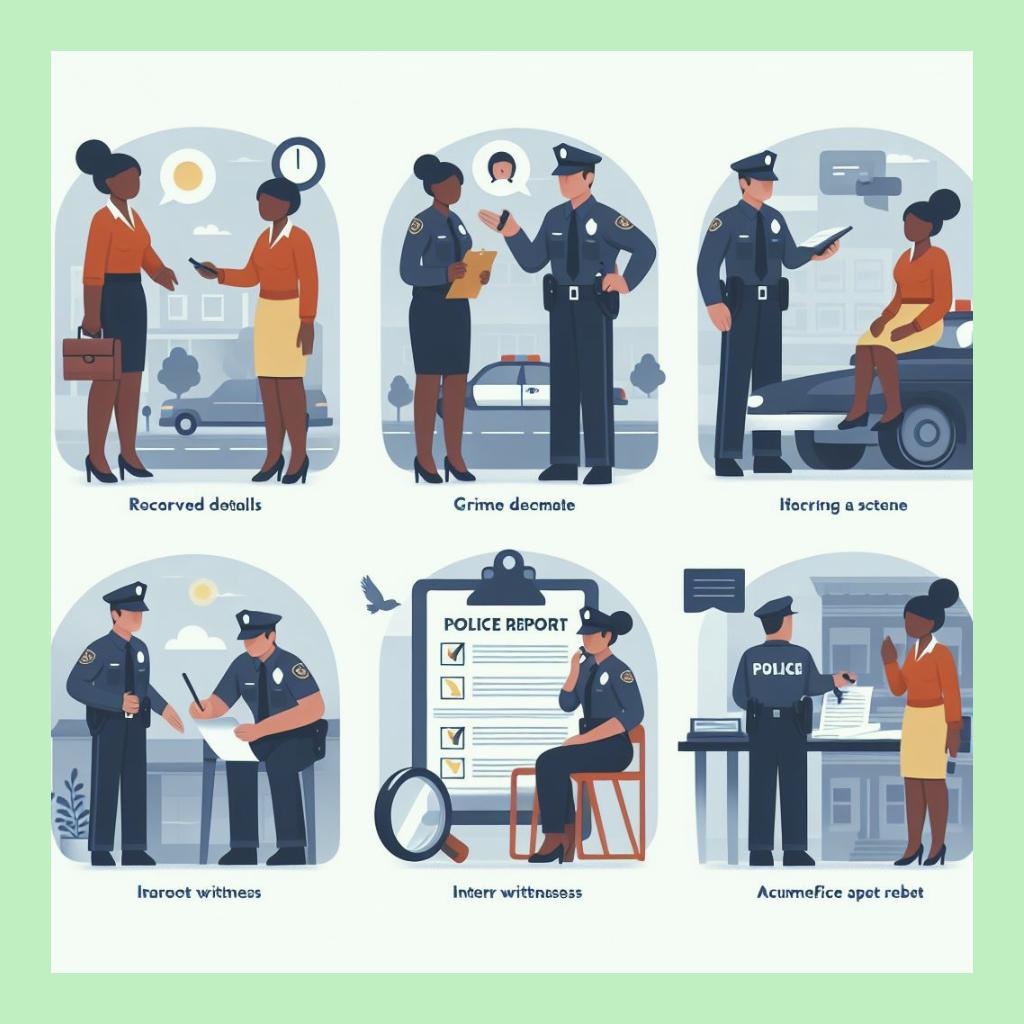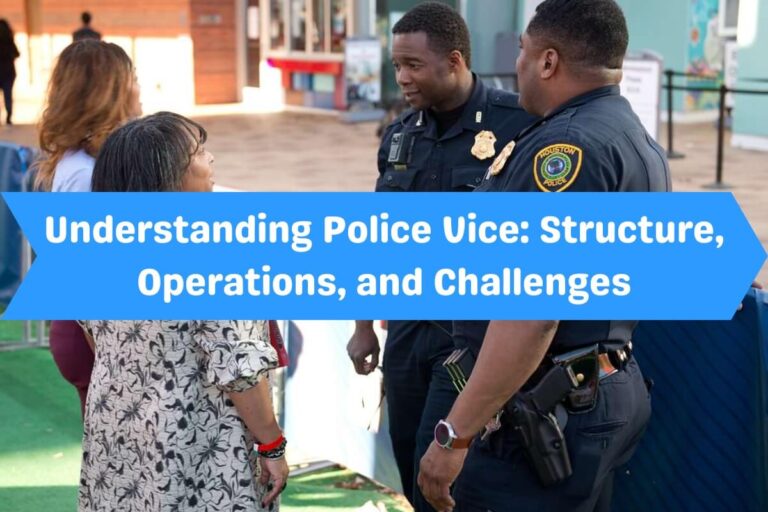What Happens When You File a Police Report on Someone?

What Happens When You File a Police Report on Someone? When you witness a crime or become a victim of one, filing a police report is often the first step to seek justice. But what exactly happens after you report someone to the authorities? This comprehensive guide will take you through the entire process, from the initial police response to the potential outcomes.
Here are the key points we’ll cover:
- Understanding the initial police response when you file a report
- Potential for an immediate arrest based on the report
- The investigation process after a report is filed
- How the decision to file criminal charges is made
- Outcomes if charges are filed against the reported person
- What happens if you wish not to prosecute after filing a report
- Civil alternatives to criminal charges
So, let’s dive right in and explore every aspect of what transpires when you file a police report on someone.
What Happens When You File a Police Report on Someone? Understanding the Initial Police Response
When you contact the police to report a crime, the responding officers’ first priority is to gather as much information as possible. They will question you, the reporting party, about the incident’s details, including:
- What happened and when
- Description of the alleged perpetrator
- Any potential witnesses
- Existing evidence like photos, videos, or audio recordings
The officers will document your statement meticulously, as it forms the basis of the initial report. If the alleged perpetrator is present, the police will also question them and collect their version of events.
what happens when you file a police report on someone. Potential for Immediate Arrest
In certain situations, the police may have sufficient probable cause to make an arrest immediately after you file a report. Probable cause refers to reasonable grounds for believing that the reported person committed a crime.
Factors that could lead to an immediate arrest include:
- The alleged crime was witnessed by the responding officers
- The reported person poses an immediate threat to public safety
- There is a risk that the reported person may flee or destroy evidence
If the circumstances do not warrant an immediate arrest, the police may choose to investigate further before deciding on appropriate action.
The Investigation Process After a Report

Even if no immediate arrest is made, your report will likely trigger a thorough investigation by law enforcement. Depending on the severity of the alleged crime, this investigation may involve:
- Interviewing additional witnesses
- Collecting and analyzing physical evidence
- Examining digital evidence like phone records or security camera footage
- Consulting with forensic experts or specialized units
The depth and duration of the investigation can vary significantly based on the complexity of the case and the resources available to law enforcement.
Decision to File Criminal Charges
After the police have conducted their investigation, the case is typically handed over to the prosecutor’s office. It is the prosecutor, not the reporting party, who ultimately decides whether criminal charges will be filed against the reported person.
The prosecutor weighs several factors in this decision, including:
- The strength and sufficiency of the evidence
- The severity of the alleged crime
- The likelihood of securing a conviction at trial
- The reporting party’s willingness to cooperate and testify
Even if you initially filed the report, the prosecutor may choose not to press charges if they believe the evidence is insufficient or if pursuing the case is not in the best interests of justice.
Outcomes If Charges Are Filed
If the prosecutor decides to move forward, the reported person may face charges ranging from minor misdemeanors to serious felonies, depending on the nature of the alleged crime.
Potential outcomes include:
- The reported person is issued a summons to appear in court
- An arrest warrant is obtained, and the person is taken into custody
- The reported person is offered a plea bargain to plead guilty to reduced charges
- The case proceeds to trial if the reported person pleads not guilty
It’s important to note that being charged does not necessarily mean a conviction. The prosecution still bears the burden of proving the reported person’s guilt beyond a reasonable doubt.
When the Reporter Wishes Not to Prosecute
In some cases, the reporting party may change their mind and decide not to pursue charges after filing the initial report. However, this does not automatically stop the legal process.
The prosecutor still has the discretion to move forward with the case, especially in situations involving:
- Domestic violence or abuse
- Crimes against children
- Serious felonies with strong evidence
While the reporting party’s cooperation can significantly impact the prosecutor’s ability to secure a conviction, the decision to prosecute ultimately rests with the state or federal government, not the individual reporter.
Civil Alternatives to Criminal Charges
In addition to criminal charges, you may have the option to pursue civil legal action against the reported person, such as:
- Filing a civil lawsuit for damages or compensation
- Obtaining a restraining order or protective order
- Pursuing a defamation claim if the report is proven to be false
Civil cases have a lower burden of proof than criminal cases, requiring only a “preponderance of evidence” rather than the stricter “beyond a reasonable doubt” standard.
It’s crucial to consult with an experienced attorney to understand your legal options and the potential consequences of pursuing civil action.
Conclusion:
Filing a police report on someone can set in motion a complex legal process with various potential outcomes. From the initial police response and investigation to the prosecutor’s decision on charges and the possibility of a trial, the journey can be intricate and often unpredictable.
Understanding what happens when you file a police report on someone is essential for managing expectations and exercising your rights effectively. Seeking legal counsel can provide valuable guidance throughout this process, ensuring your interests are protected, and justice is served.
Remember, the decision to report a crime is a significant one, and the consequences can be far-reaching for all parties involved. Approach the process with care, objectivity, and a commitment to upholding the principles of justice and fairness.






